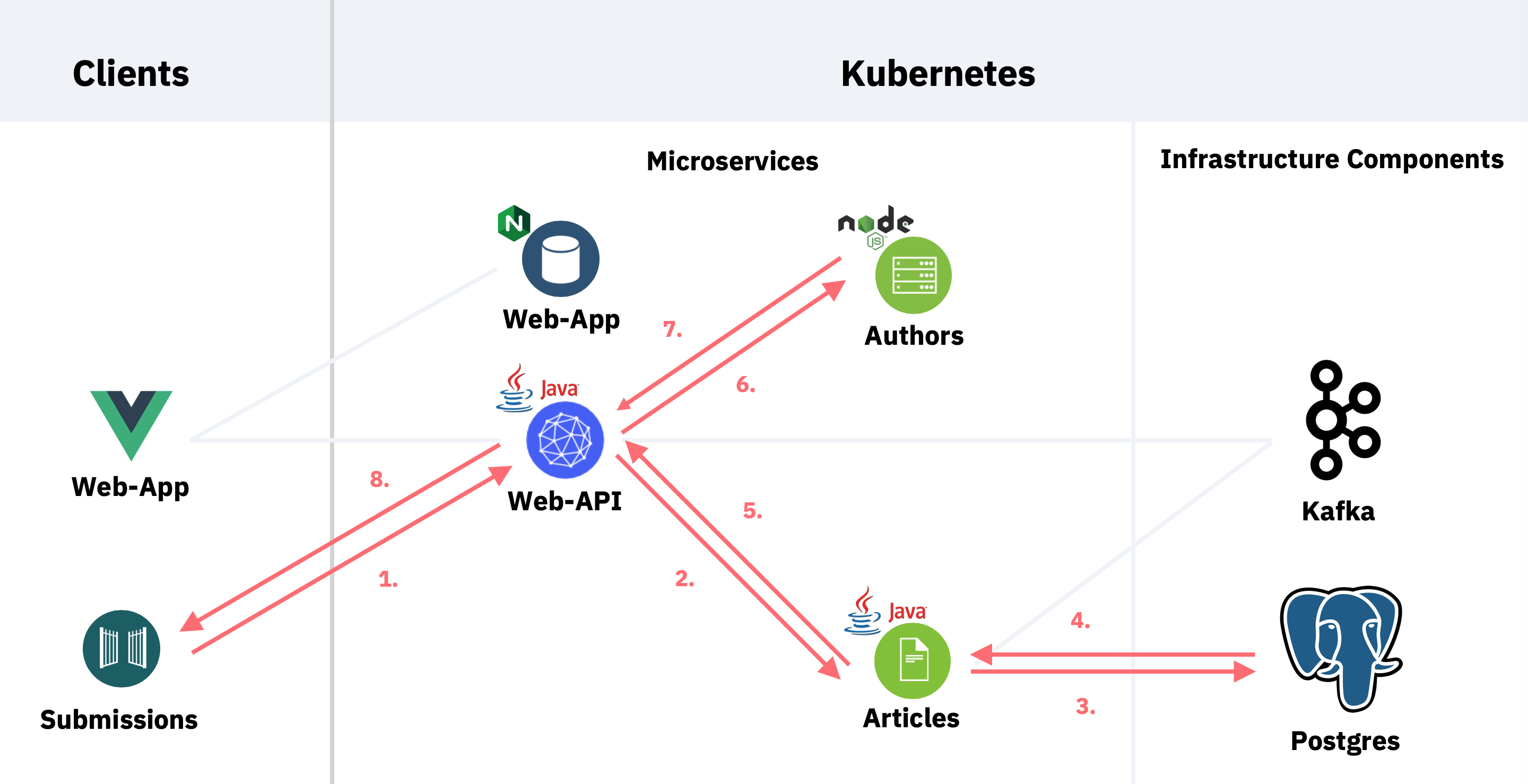Plant Based Protein Market Size Analysis Report, Share, Trends, Growth and Competitive Analysis
"Global Plant Based Protein Market - Overview, Size, Share, Industry Trends and Opportunities
Global Plant Based Protein Market , By Source (Soy Protein, Wheat Protein, Pea Protein, Canola Protein, Potato Protein, Rice Protein, Corn Protein, Oat Protein, Flaxseeds Protein, Hemp Protein, Quinoa Protein, Chia Protein and Others), Protein Concentration (Concentrate, Isolate and Hydrolysate), Level Of Hydrolisation (Intact, Mildly Hydrolized, and Strongly Hydrolized), Nature (Organic and Conventional), Form (Dry and Liquid), Function (Solubility, Gelation, Emulsification, Water Binding, Foaming and Others), End User (Nutritional Products, Bakery, Ready-to-Eat, Snacks and Cereals, Dairy, Confectionary and Dessert, Convenience Food, Beverages, Animal Feed, and Others) – Industry Trends and Forecast to 2031.
Access Full 350 Pages PDF Report @
https://www.databridgemarketresearch.com/reports/global-plant-based-protein-market
**Segments**
- **Product Type**: The global plant-based protein market is segmented based on product type into soy protein, wheat protein, pea protein, and others. Soy protein holds a significant market share due to its complete amino acid profile and versatility in applications such as meat analogues, dairy alternatives, and dietary supplements.
- **Application**: In terms of application, the market is categorized into food and beverages. The food segment includes subcategories like bakery, dairy alternatives, meat alternatives, and others, while the beverage segment comprises plant-based protein beverages.
- **Source**: Plant-based protein sources vary widely, with prominent ones being legumes (like soybeans, peas, and lentils), grains (such as wheat and rice), and nuts (like almonds and peanuts). Each source offers unique nutritional profiles and functionalities, appealing to different consumer preferences and dietary needs.
**Market Players**
- **Archer Daniels Midland Company**: ADM is a key player in the global plant-based protein market, offering a range of plant-derived proteins for various applications. The company has a strong presence in the industry and focuses on product innovation and sustainability.
- **Beyond Meat**: Known for its plant-based meat alternatives, Beyond Meat has gained significant traction in the plant-based protein market. The company's innovative products cater to the growing demand for plant-based alternatives to animal proteins.
- **Cargill, Incorporated**: Cargill is a major player in the plant-based protein market, providing a diverse portfolio of plant-derived proteins for use in food and beverage applications. The company emphasizes quality, sustainability, and customer satisfaction.
- **Roquette Frères**: Roquette is a global leader in plant-based ingredients, including proteins sourced from peas, wheat, and other plant-based sources. The company focuses on research and development to enhance its product offerings and meet evolving consumer preferences.
The global plant-based protein market is witnessing rapid growth driven by increasing health awareness, environmental concerns, and changing dietary preferences among consumers. Key market players areThe global plant-based protein market is experiencing significant growth, propelled by a shift towards healthier and more sustainable food choices among consumers. With a rising awareness of the health benefits of plant-based diets and concerns about the environmental impact of animal agriculture, the market for plant-derived proteins is expanding rapidly. This trend is further amplified by changing dietary preferences, including an increasing number of individuals seeking alternatives to traditional animal proteins.
One of the key drivers of growth in the plant-based protein market is the increasing availability and diversity of plant-based protein sources. With a wide range of options such as soybeans, peas, lentils, wheat, rice, almonds, and peanuts, consumers have a variety of choices to meet their nutritional needs and taste preferences. Each plant-based protein source offers unique nutritional profiles and functional properties, catering to different dietary requirements and culinary applications. This variety in protein sources has contributed to the market's appeal and expansion, attracting a diverse consumer base looking for plant-based alternatives to animal products.
In terms of product type segmentation, soy protein holds a significant market share due to its complete amino acid profile and versatility in various applications such as meat analogues, dairy alternatives, and dietary supplements. Additionally, wheat protein, pea protein, and other plant-derived proteins are gaining traction in the market, offering alternative sources of protein for consumers looking to diversify their diets. The availability of a range of product types allows food manufacturers and consumers to explore different options and create innovative plant-based products across various categories.
The application segment of the plant-based protein market is divided into food and beverages, each offering unique opportunities for plant-based protein incorporation. The food segment encompasses a wide range of categories such as bakery, dairy alternatives, meat alternatives, and others, providing avenues for plant-based proteins to be used in diverse food products. On the other hand, the beverage segment focuses on plant-based protein beverages, catering to consumers looking for protein-rich drink options. This division reflects the versatility of plant-based proteins and their ability to be integrated into a**Global Plant Based Protein Market Analysis:**
- **Source**: The plant-based protein market is segmented based on various sources, including soy protein, wheat protein, pea protein, canola protein, potato protein, rice protein, corn protein, oat protein, flaxseeds protein, hemp protein, quinoa protein, chia protein, and others. This diversification of protein sources caters to different consumer preferences and dietary requirements, contributing to the overall growth of the market.
- **Protein Concentration**: Plant-based proteins are available in different concentrations such as concentrate, isolate, and hydrolysate, providing options for manufacturers to create products with varying protein content to meet specific nutritional needs and functional requirements.
- **Level Of Hydrolisation**: The level of hydrolisation of plant-based proteins ranges from intact to mildly hydrolized to strongly hydrolized, affecting their solubility, digestibility, and functionality in food and beverage applications. Understanding the hydrolisation level is crucial for product development and formulation.
- **Nature**: Plant-based proteins can be categorized as organic or conventional, appealing to consumers seeking natural and sustainable food options. The demand for organic plant-based proteins is on the rise, driven by the increasing focus on health and environmental consciousness among consumers.
- **Form**: Plant-based proteins are available in dry and liquid forms, offering flexibility in ingredient formulation and manufacturing processes. The form of the protein can influence its usability in different food and beverage applications,
Major Points Covered in TOC:
Plant Based Protein Market Overview: It incorporates six sections, research scope, significant makers covered, market fragments by type, Plant Based Protein Market portions by application, study goals, and years considered.
Plant Based Protein Market Landscape: Here, the opposition in the Worldwide Plant Based Protein Market is dissected, by value, income, deals, and piece of the pie by organization, market rate, cutthroat circumstances Landscape, and most recent patterns, consolidation, development, obtaining, and portions of the overall industry of top organizations.
Plant Based Protein Profiles of Manufacturers: Here, driving players of the worldwide Plant Based Protein Market are considered dependent on deals region, key items, net edge, income, cost, and creation.
Plant Based Protein Market Status and Outlook by Region: In this segment, the report examines about net edge, deals, income, creation, portion of the overall industry, CAGR, and market size by locale. Here, the worldwide Plant Based Protein Market is profoundly examined based on areas and nations like North America, Europe, China, India, Japan, and the MEA.
Plant Based Protein Application or End User: This segment of the exploration study shows how extraordinary end-client/application sections add to the worldwide Plant Based Protein Market.
Plant Based Protein Market Forecast: Production Side: In this piece of the report, the creators have zeroed in on creation and creation esteem conjecture, key makers gauge, and creation and creation esteem estimate by type.
Keyword: Research Findings and Conclusion: This is one of the last segments of the report where the discoveries of the investigators and the finish of the exploration study are given.
Browse Trending Reports:
Printed Sensor Market Size, Share and Trends
Uveitis Market Size, Share and Trends
Glomerular Disease Therapeutics Market Size, Share and Trends
Bio Based Polyethylene Furanoate (PEF) Market Size, Share and Trends
Shell and Tube Heat Exchanger Market Size, Share and Trends
Algae Oil Market Size, Share and Trends
Automotive Air Purifier/Ionizer Market Size, Share and Trends
COVID-19 Diagnostics Market Size, Share and Trends
Heterogeneous Networks Market Size, Share and Trends
Deboning Equipment Market Size, Share and Trends
Oblong Jar Market Size, Share and Trends
Minimally Invasive Cataract Surgery Devices Market Size, Share and Trends
About Data Bridge Market Research:
Data Bridge set forth itself as an unconventional and neoteric Market research and consulting firm with unparalleled level of resilience and integrated approaches. We are determined to unearth the best market opportunities and foster efficient information for your business to thrive in the market. Data Bridge endeavors to provide appropriate solutions to the complex business challenges and initiates an effortless decision-making process.
Contact Us:
Data Bridge Market Research
US: +1 614 591 3140
UK: +44 845 154 9652
APAC : +653 1251 975
¡Por favor activa el Javascript![ ? ]






